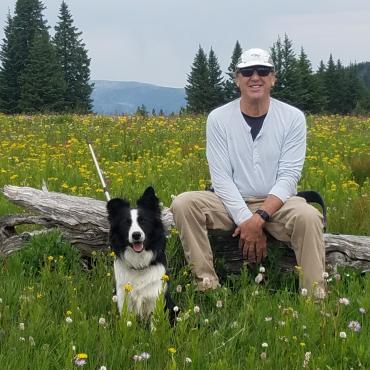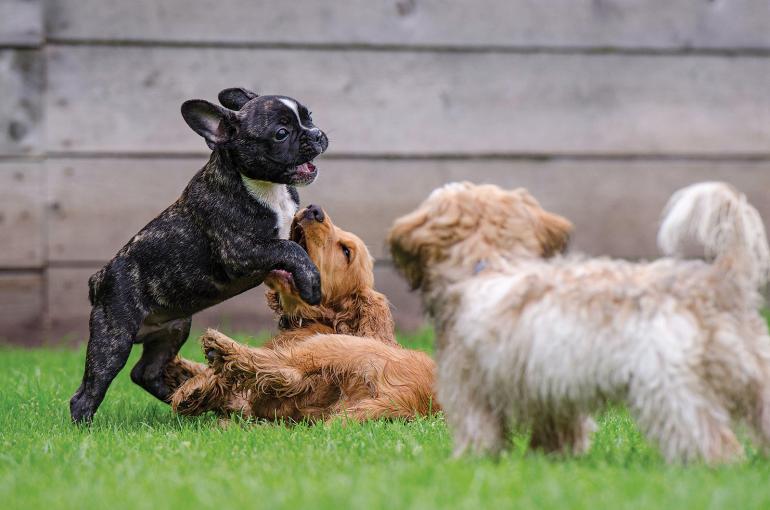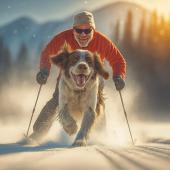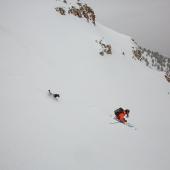Dog Is My Co-Pilot
Maximizing the human-canine bond.
It’s true that dogs are some of the best companions. But as with all relationships, a good bond doesn’t form without proper effort. Follow these guidelines to ensure you and your pup stay pals for life.
Socialization
Fulfill all your dog’s daily needs for exercise, play, engaged activity, and nutrition. Socialization is very important for growing dogs. The longer growing pups remain in the litter, the better they learn the dog-world social rules, communication, and etiquette, along with rules regarding the human-dog interaction. If a pup is taken from the litter at a younger age and isolated from her species, make sure she has abundant contact with other appropriate dogs and pups during the intellectual growth phase. Abundant socialization with both dogs and people is critical to the behavioral development of all growing dogs. I find that it is the unsocialized dogs that require most of my emergency services. In addition to several hours of engaged activity, it is nice to give your dog a job of some sort as well. Teaching your dog to retrieve or find hidden objects encourages task-oriented behavior, which often enhances the human-dog bond.
Assess Early & Often
Teach your dog to allow total body handling and inspection often. Make this inspection a good deal for your dog by incorporating the daily exam into a daily massage and bonding period. Reward her often to develop a willing partnership. Avoid a relationship of indentured servitude or dominance. Force is not going to work well in the event of an injury. You want a willing partner when it comes to first-aid in the field. When hiking, perform the inspection massage several times to assess general wear and tear. A stitch in time saves nine, some say. Practice examining her mouth, eyes, ears, legs, and torso. Learn how to measure the heart rate and respiratory rate. It is recommended to teach your dog to get on a table to be professionally examined and have her ears and teeth cleaned, as well as her abdomen checked, on a regular basis.
Train ‘Em Happy
Training should be a good deal for your young, growing, adult, or older dog. A willing partnership is not cultivated through pure dominance. Punishment should seldom be needed. Happy dogs are happy to do what their guardians ask; such is the nature of the human-dog bond. Before training begins each day, it is important that you fulfill and enrich your dog’s life so that your dog is in a listening frame of mind before the teaching begins. Happy dogs are happy to learn. The primary impetus to make your dog happy is to provide abundant daily exercise. Miles and hours of engaged daily activity are required for physical and behavioral health. Walk or run your dog several times a week. You’ll get a lot out of it, too.
Sid Gustafson is a practicing veterinarian, equine-behavior educator, and novelist.











